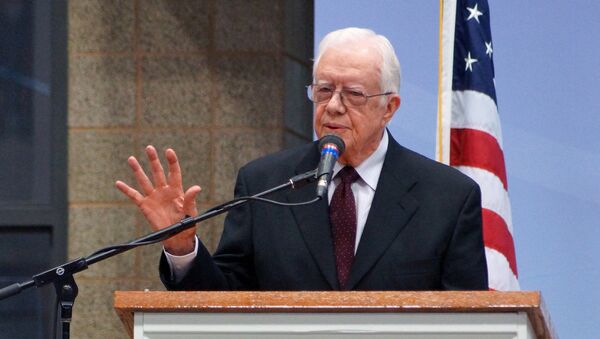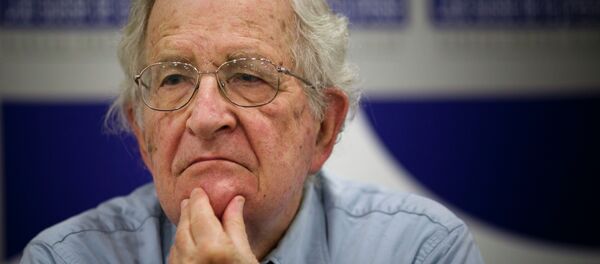“There’s no way now for you to get a Democratic or Republican nomination without being able to raise $200 or $300 million or more,” Carter told Winfrey for her “SuperSoul Sunday” special. “I would not be inclined to do that, and I would not be capable of doing it.”
Letting huge sums of money affect elections — and by extension, policy — has transformed what was once a democratic country into an oligarchy, the form of state structure in which power is held by a small group of wealthy people.
“We've become now an oligarchy instead of a democracy, and I think that's been the worst damage to the basic moral and ethical standards to the American political system that I've ever seen in my life.”
He went on by saying that there is now an impassable gulf between Republicans and Democrats, one that wasn’t there 25 or 30 years ago, during his time in office.
“When you get to Washington, you've already alienated Democrats from Republicans and Congress from the president, and red states and blue states,” Carter said.
Jimmy Carter served as president between 1977 and 1981 after serving two terms as a Georgia governor. He later became a humanitarian, founding the internationally renowned Carter Center, specializing in health care and democracy issues around the world.
In 2002, Carter received a Nobel Peace Prize for his efforts "to find peaceful solutions to international conflicts, to advance democracy and human rights, and to promote economic and social development."
In August, Carter was diagnosed with melanoma, which metastasized to his liver and brain. He is currently undergoing treatment.




